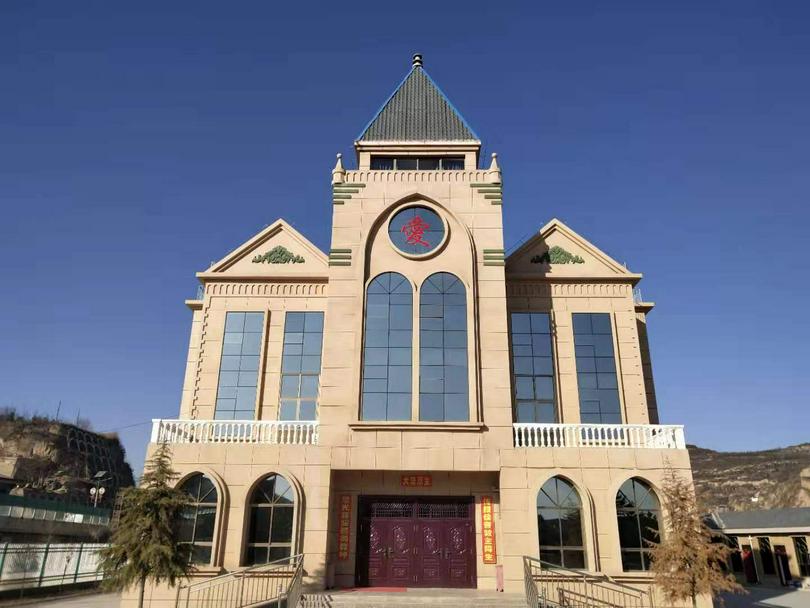For more than two years of the COVID-19 pandemic, Christians in China have not been able to gather at church most of the time. For urban churches that are good at online pastoral care, they can basically deal with the pastoral need of believers and the daily expenses of the church. What about the situation of churches in towns and villages?
The Gospel Times, an online Chinese Christian newspaper, recently interviewed several ministers in grassroots churches and exchanged views on pastoral care and the financial situation of the churches during the pandemic.
The challenges of pastoral care
According to two pastors from a grassroots church in the northwest region, some elderly believers in their church do not have smartphones; and others have smartphones but do not know how to use WeChat; most of those who can use WeChat do not know how to attend the live stream. Therefore, some elderly believers cannot access online pastoral care, and those who do have access are mostly limited to WeChat groups.
Some middle-aged believers are not satisfied with the pastoral care in the church's WeChat group and look for spiritual resources on the internet by themselves. When the church resumes on-site gatherings, some of them have become accustomed to the resources on the Internet and are unwilling to participate in the on-site worship at their own church.
A church in a town in Northeast China has been shut down due to a recent outbreak, which had a great impact on the church's pastoral ministry. After China’s Administrative Measures for Internet Religious Information Services came into effect on March 1, 2022, this church followed its superior's order and suspended pastoral care online. A church staff member said helplessly that when the situation of the pandemic becomes stable, the church can only gather believers in small groups, but "the sheep are dispersed already."
Financial impact
A rural church in Shaanxi Province has more than 100 members. This church's annual expenses are very small, so financially it has not been greatly affected by the pandemic. This church does not need to pay salaries to ministers, and all workers who serve here are volunteers. The expense of this church mainly is to provide meals for believers during the retreat which they hold several times every year. The cost of meals is not high because some believers will offer cooking supplies such as flour, oil, etc.
A grassroots church with about 500 believers in Gansu Province is facing greater financial challenges. A minister of this church said that the church has no savings and needs to pay the salaries of five to six workers. Furthermore, this church also needs to pay for utilities and winter heating costs. During the pandemic, the church’s income is mainly from online donations, which has decreased compared with before. This church keeps paying salaries to the staff. He said that he did not know how long the church could still afford these costs.
A grassroots church in Northeast China was also greatly affected by few donations. At the beginning of the pandemic, four pastors of the church suggested that it was okay for them to receive only one-third of their salary. When the church's financial situation became worse, they simply refused to be paid.
At present, some churches have resumed onsite gatherings, and congregations can gather in the church to worship God; some churches are still under the "dual suspension" measures of opening and all collective religious activities and are looking forward to the reopening day. No matter what situation the church is in, God is still in control. May the pastors and believers still see the hope ahead in the difficult times!
- Translated by Katherine Guo












